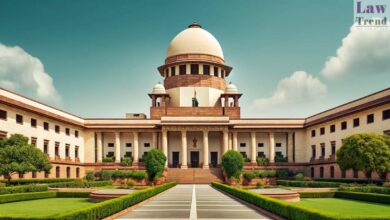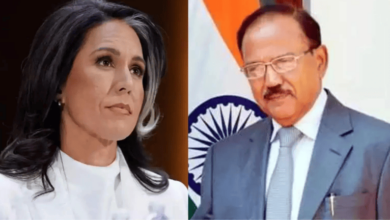
Recently, the Bombay High Court has put its seal of approval on the fact that a sperm or egg donor cannot seek parental rights for the child that has resulted from surrogacy. The court overruled and awarded a 42-year-old woman visitation rights to twin daughters aged five who were surrogacy-born to the woman’s estranged husband and the egg donor, the man’s sister.
The case started when the woman whose twins were taken away, the current petitioner, filed an appeal to be granted a chance to see her children. He had contended that because his wife was the one who provided the eggs and, therefore, the genetic material that was used in procreating the children, then she was in a position to adopt the kids, and the petitioner had no rights to them.
However, the court did not entertain this submission on the basis of the guidelines issued by the Indian Council of Medical Research in 2005, which were in force when this surrogacy arrangement was made in 2018. As the court put it, the egg donor was a voluntary one, and thus, she could not be attributed any legal status of a parent of the twins.
Finally, the High Court observed that the lower court’s order rejecting the petitioner’s prayer for visitation rights was perverse. Therefore, it quashed the order and ordered the husband to allow the biological mother to have physical contact with and visit the twins for three hours every weekend.
This and the other requirements stress the necessity to defend the progenitors’ and surrogates’ rights while the legislation of surrogacy in India is being designed.



